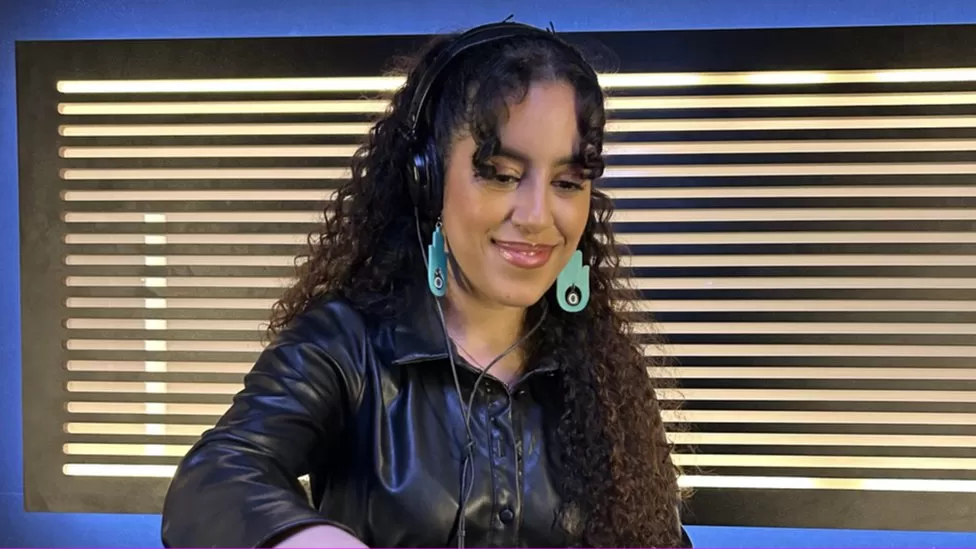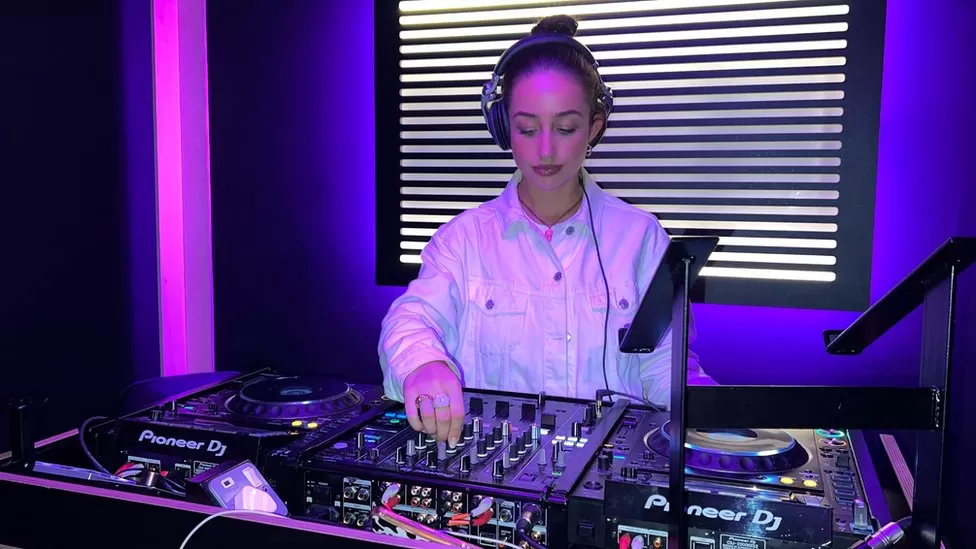AI in dance music: What do DJs and producers think of it?

In a club, the music is pounding and the lights are flashing.
As you look up at the DJ booth, there’s no one there because it’s an AI mix.
Some people in the dance music industry are concerned about mixing software getting more sophisticated and venues cutting back on budgets.
Is it possible to replace a DJ’s direct contact with a crowd with a computer program?
It’s a no in a nutshell. According to Nooriyah, it isn’t.
The 28-year-old DJ lives in London. Over 40,000 people have seen her perform at venues around the world.
She has been using artificial intelligence for years, recommending songs based on their tempos.
Nooriyah thinks she knows why they haven’t hired her yet.
She says that she finds it extremely difficult to replicate how she connects with her audiences.
Think of a raver watching me when I’m DJing, seeing me sweat and dance just as they do.
This is the moment when they feel an intimate connection that AI cannot.

Her main income source is DJing, which she learned during lockdown.
With the cost-of-living crisis biting hard, she’s noticed venues cutting back budgets.
“Streaming sets has become increasingly popular since Covid,” she says.
When it’s overseas, if they don’t have the money to bring you, it’s an easy and accessible way to get the artists on their line-ups without actually having to invite them.”
Hannah has noticed that many nightclubs have cameras set up for streaming behind the decks.
Her concern now extends to virtual sets.
“It might be quite a dark future for DJs if AI generates original compositions that match the emotional intelligence of humans,” she says.
During an AI rave in East London in March, some critics complained that the music felt “dry and empty”.
